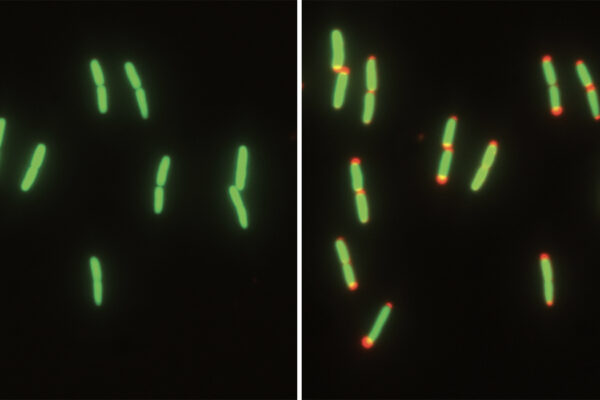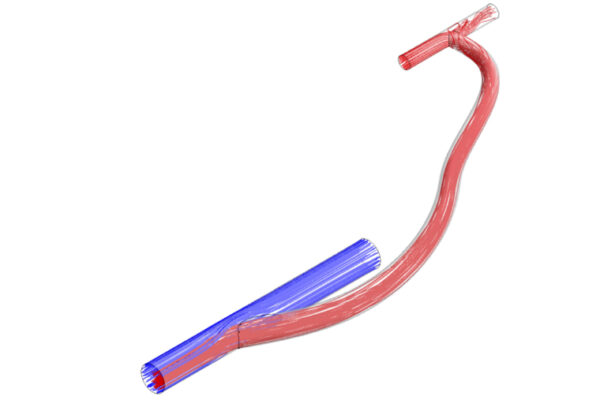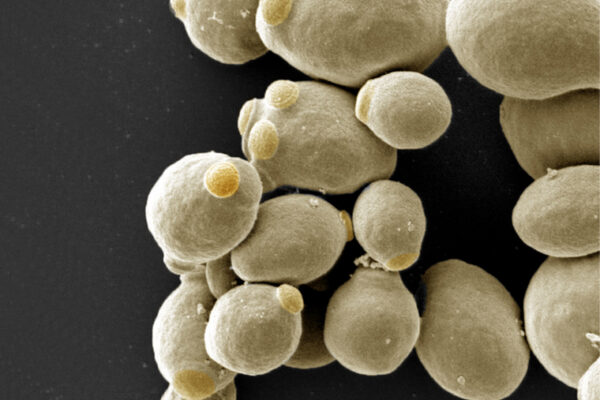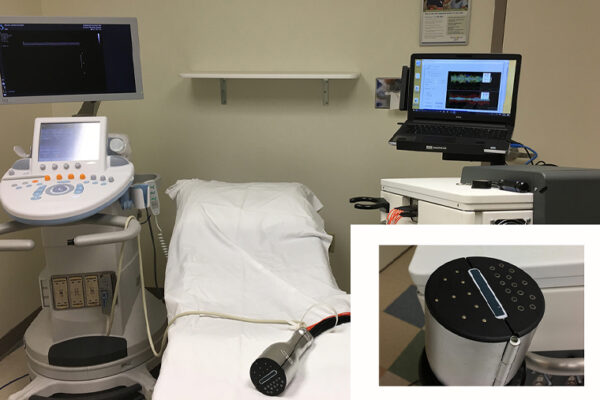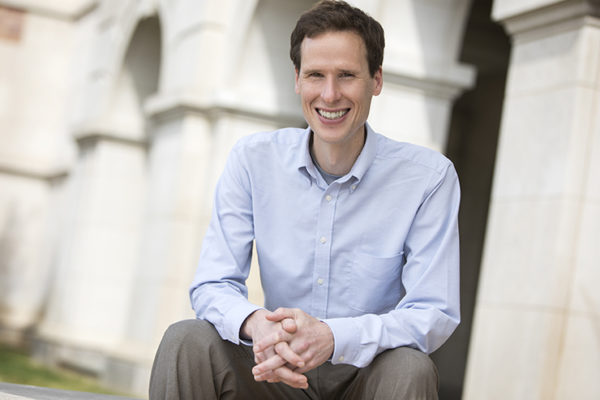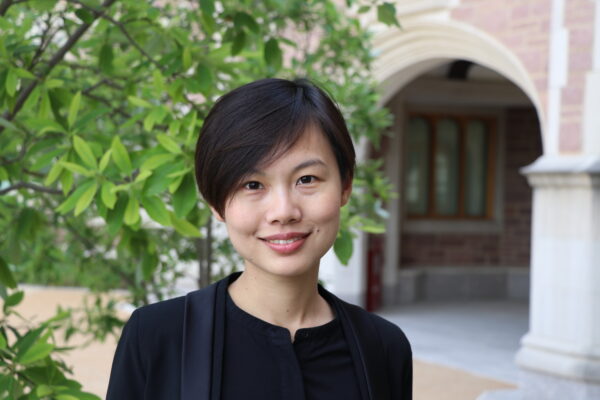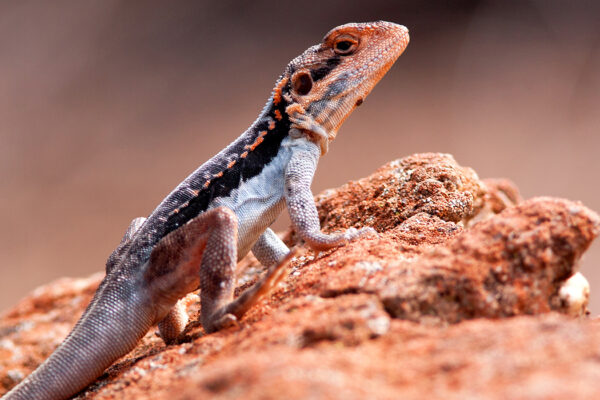Rudra receives NSF CAREER Award
Jai Rudra, assistant professor at the McKelvey School of Engineering, will use a CAREER Award from the National Science Foundation to study chirality in nanomaterials and ultimately help design safer synthetic nanomaterial vaccines.
Wallace Diboll, former professor of mechanical engineering, 97
Wallace “Wally” Diboll, a former professor of mechanical engineering and materials science at the McKelvey School of Engineering who taught for 37 years, died Friday, May 7, 2021, of congestive heart failure in St. Louis. He was 97.
Shrinking to survive: Bacteria adapt to a lifestyle in flux
Biologists discovered that E. coli bacteria have a strategy that may help them to survive in between meals. The new research from the laboratory of Petra Levin in Arts & Sciences is published in PNAS.
Improving dialysis through design
Faculty from the McKelvey School of Engineering and the School of Medicine teamed up to design better grafts for dialysis patients.
Another honor for university’s sustainable building practice
The U.S. Green Building Council awarded Washington University a 2021 Leadership Award for excellence in its West North Central Region.
NIH awards Brent nearly $2M
Michael Brent at the McKelvey School of Engineering plans to make a new map and model of the information-processing machinery in cells with a five-year nearly $2 million grant from the National Institutes of Health (NIH).
New method predicts chemotherapy effectiveness after one treatment
An interdisciplinary team at Washington University finds that combining certain data after a patient’s first treatment can predict how a breast cancer tumor is responding to chemotherapy.
Vahey receives NIH grant
The National Institutes of Health (NIH) has awarded Michael Vahey, at the McKelvey School of Engineering, a two-year $433,125 grant for research into virus vulnerability.
Ling receives NSF CAREER Award
Fangqiong Ling received a five-year $500,000 CAREER Award from the National Science Foundation for her research into wastewater-based epidemiology.
If I never knew you
A study with Australian reptiles establishes a new return-on-investment method of determining species that are a priority for taxonomic research: undescribed species that are likely already threatened.
Older Stories


